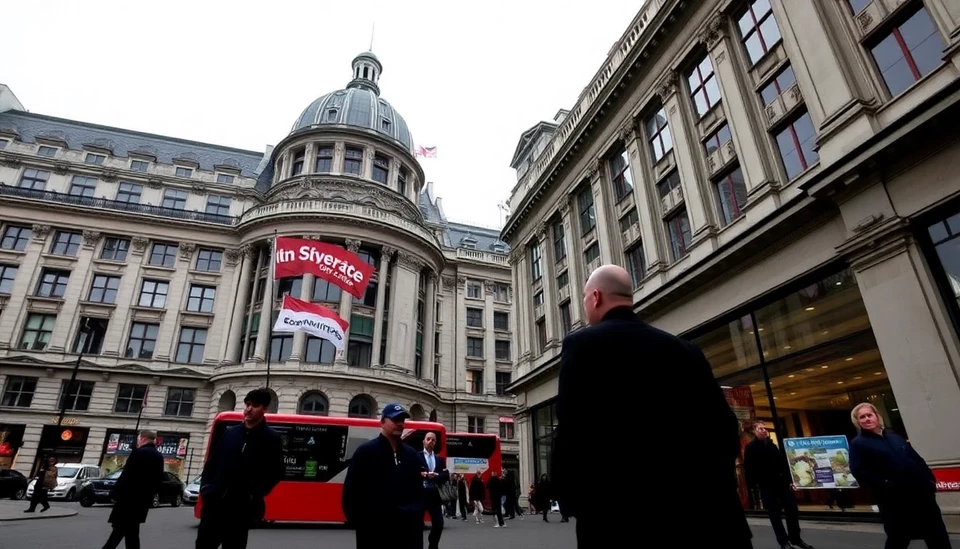
In a notable turn of events, the London stock market is experiencing a rapid contraction, marking the fastest decline seen in more than ten years. This dramatic shift can primarily be attributed to a wave of takeover bids that have swept through the UK financial markets, leading to substantial fluctuations and a re-evaluation of corporate valuations.
Recent data indicates that the number of publicly listed companies in London has dwindled sharply, reflecting a broader trend that has seen an increasing number of firms opting to go private. Analysts suggest that this trend is driven by several factors, including a desire for greater operational flexibility and the pursuit of attractive valuations away from the scrutiny of public markets.
The latest figures reveal that the total number of companies listed on the London Stock Exchange has fallen to levels last seen over a decade ago. This decrease is not merely a statistical anomaly; it reflects deeper issues within the market and the ongoing global competition for investment capital. Analysts attribute this trend to the pressure from private equity firms, which are aggressively pursuing acquisition opportunities in a bid to capitalize on the current valuations of public companies, which they perceive as undervalued.
Amidst this backdrop, the UK government and market regulators are under increasing pressure to take action that could stimulate interest in the public equity market. Ideas being floated include reforms aimed at making the public listing process less cumbersome and more appealing to companies that might otherwise consider remaining private or seeking overseas markets for listing.
The repercussions of this contraction extend beyond mere numbers; there are real implications for investors and the overall economic landscape in the UK. Smaller companies are particularly vulnerable, as they often rely on public equity markets for capital to grow and innovate. As the number of these companies diminishes, economists worry about the long-term effects on job creation and economic resilience.
Market experts suggest that a radical transformation needs to occur for the London Stock Exchange to regain its competitive edge and attractiveness to both domestic and international companies. This will likely require collaborative efforts between the government, regulatory bodies, and the private sector to create an environment conducive to growth and investment.
Despite the challenges, some analysts remain optimistic about the potential for recovery. They point to the inherent strengths of the UK economy, including its diverse sectors, highly skilled workforce, and a strong legal foundation that could be leveraged to create new opportunities for investment and retention of publicly listed companies.
As we look to the future, the stakes are high. The outcome of ongoing discussions about reform and the attractiveness of the market will be pivotal in determining the trajectory of the London stock market. It remains to be seen whether this phase of contraction will lead to a new era of growth or if further declines are on the horizon.
As the situation develops, investors, companies, and policymakers alike will need to keep a close watch on both domestic and global trends that could further influence the landscape of the London Stock Exchange.
#LondonStockMarket #TakeoverWave #FinancialNews #StockMarketTrends #UKEconomy #PublicCompanies #PrivateEquity #InvestmentOpportunities #MarketReform #BusinessNews
Author: John Harris




